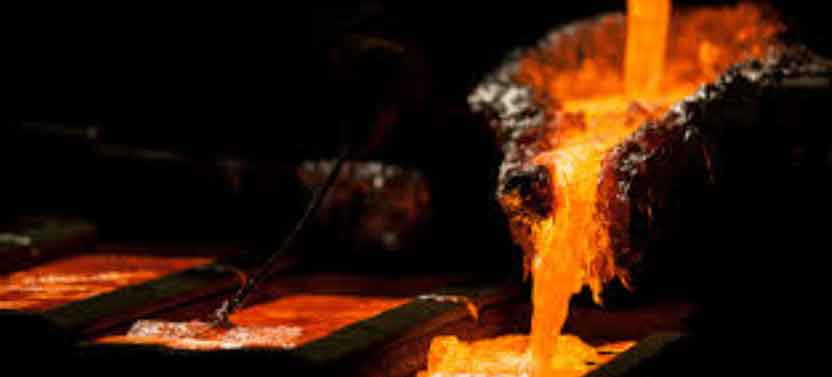
China’s dominance in the casting market is not solely attributed to its large-scale production capacity, but also to its focus on quality and expertise. Chinese foundries have made significant strides in improving casting quality and building expertise in the industry, which has contributed to their success and competitiveness. Here are key factors that contribute to China’s casting quality and expertise:
- Knowledge and Tradition: China has a long history and rich tradition of metalworking and casting techniques. Skilled artisans have honed their craft over generations, passing down their knowledge and techniques. This historical foundation provides a strong base for expertise in the casting industry and an understanding of the nuances required to produce high-quality cast metal components.
- Technological Advancements: Chinese foundries have embraced technological advancements to enhance casting quality. Advanced equipment, such as automated molding machines, computer-aided design and manufacturing (CAD/CAM) systems, and advanced process control, have improved precision, consistency, and efficiency. The integration of technology into casting processes allows for tighter control over parameters and reduces the likelihood of defects or inconsistencies.
- Quality Control Measures: Chinese foundries have implemented rigorous quality control measures to ensure casting quality. They employ various inspection and testing techniques, such as non-destructive testing (NDT), dimensional inspections, and material analysis, to detect and address any defects or deviations. The adherence to quality standards and certifications, both domestic and international, further strengthens the credibility of Chinese casting manufacturers.
- Continuous Improvement: Chinese foundries prioritize continuous improvement to enhance casting quality. They invest in research and development (R&D) activities to explore new materials, improve processes, and develop innovative casting techniques. Collaboration with universities, research institutes, and industry experts facilitates knowledge exchange and promotes innovation in the casting field.
- Comprehensive Supply Chain: China’s robust manufacturing ecosystem provides a comprehensive supply chain for the casting industry. The availability of supporting industries, such as materials suppliers, machining facilities, and surface treatment providers, allows for seamless integration and optimization of the entire production process. This integrated supply chain enhances efficiency, quality, and cost-effectiveness.
- Skilled Workforce: China’s large population offers a significant advantage in terms of workforce availability. The casting industry benefits from a pool of skilled technicians and workers with expertise in casting processes. Training programs and apprenticeships further enhance the skills and knowledge of the workforce, ensuring consistent quality in casting production.
- Customer Collaboration and Service: Chinese foundries prioritize customer collaboration and service to meet specific requirements and ensure customer satisfaction. They work closely with customers, providing technical expertise, design assistance, and customized solutions. Effective communication channels and strong customer relationships contribute to successful outcomes and repeat business.
It’s important to note that while China has made significant strides in casting quality and expertise, challenges remain. Intellectual property protection, ensuring consistent quality across large production volumes, and maintaining a skilled workforce amidst rapid industrialization are ongoing considerations.
China’s dominance in the casting market is a result of its commitment to quality, continuous improvement, and leveraging its historical knowledge and tradition. By combining traditional craftsmanship with advanced technologies and comprehensive supply chains, Chinese foundries have established themselves as leaders in the global casting industry.
